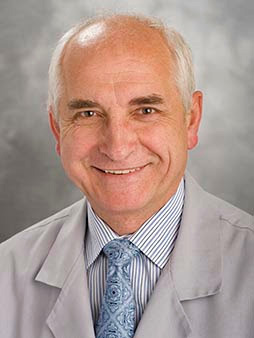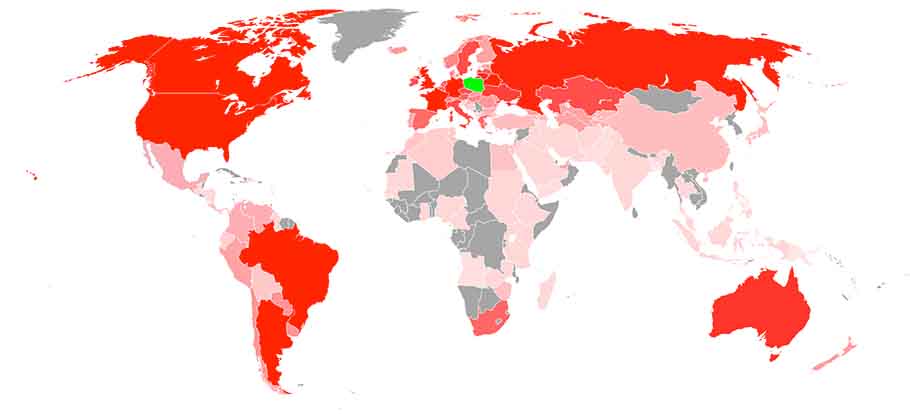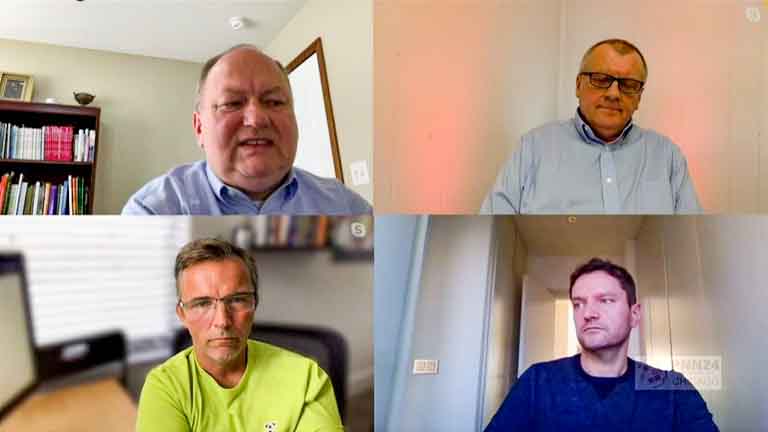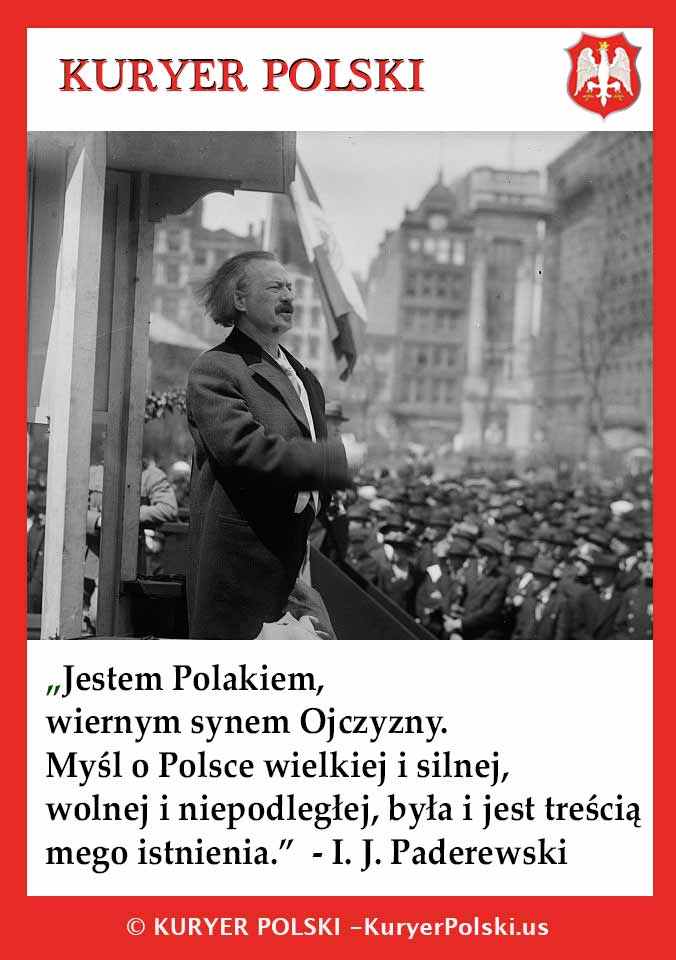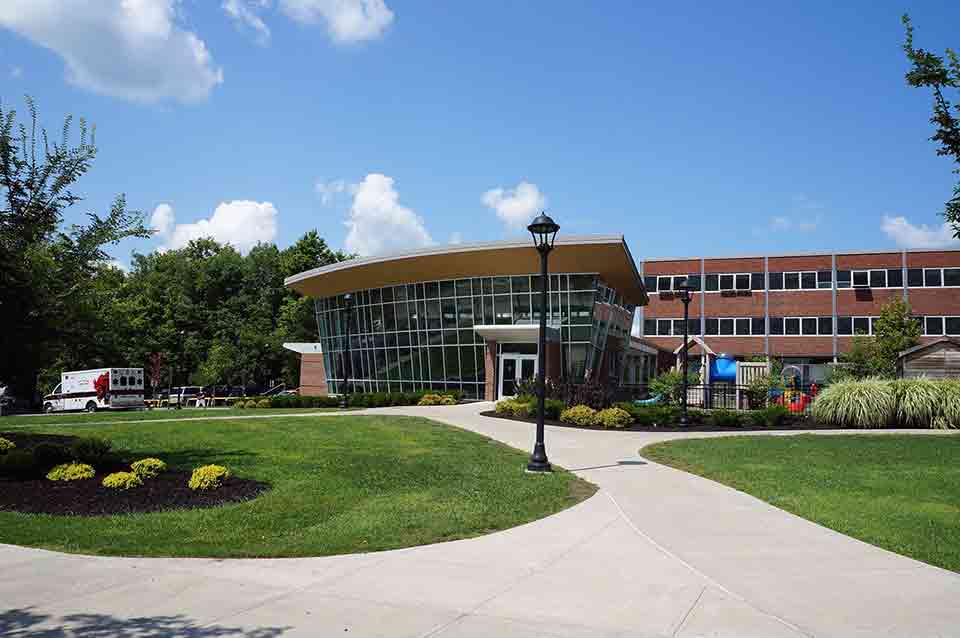It is with real pleasure that I study the latest research entitled "Polish Americans Today," about the American Polonia, sent to me by their author, Dr. Dominik Stecula — a professor of political science at the Colorado State University.
Prof. Stecula is also a director of the Piast Institute in Michigan, founded in 2003 by the late unforgettable prof. Tadeusz Radziłowski. It is the Piast Institute that is the main driving force behind research on the Polish diaspora and it is thanks to it that we have up-to-date data on the American Polish diaspora. The research is based on censuses that are conducted every 10 years by The US Census Bureau.

The research shows that the current number of US citizens is 332,482,702, where a baby is born every 9 seconds, and one person dies every 10 seconds. The number of Polish Americans still oscillates slightly below 9 million (8,969,530), which is approx. 3% of the entire population of the United States, 2.7% to be exact.
Geographically, American Poles are scattered across individual states, and there is practically no place where there is no trace of Polish immigrants. According to the US Census Bureau data, the largest groups of American Poles are in the following states: New York, Illinois and Michigan, where the number of people admitting to belong to the Polish ethnic group is over 800,000 in each, depending on the statistical methods adopted. Wisconsin 8.5%, Michigan 8.0% and Connecticut 7.0% are in the lead when it comes to the percentage of the population. When we talk about American Poles born in Poland and still speaking Polish, the states of Illinois, New York and New Jersey are in the lead.
For several decades, research has clearly shown that the Polish ethnic group is better educated than the average American. 43.5% have at least a college degree or higher compared to the US average of 33.1%.
An interesting fact is that 95% of all American Poles were born in the USA.
65% of all American Poles identify themselves with the Catholic religion, 9% describe themselves as atheists, 6% belong to the National Catholic Church, 1% declare themselves to be of the Mosaic faith.
The scale of values of Polish Americans is, in order:
- striving to achieve a higher status,
- opposition to communism,
- social justice,
- striving for the set goal,
- Catholic faith,
- sense of community,
- feeling proud of ethnicity,
- honor,
- work ethic,
- love of Polish culture and history,
- love of freedom,
- the importance of the family.
The party preferences of this group are quite symmetrical, with a slight advantage on the democratic side. When it comes to Polish party preferences, the advantage is on the side of the Civic Platform (PO, Platforma Obywatelska) 46%, PiS (Prawo i Sprawiedliwość) 29%, The Alliance of the Democratic Left (Sojusz Lewicy Demokratycznej) 6%, and the rest is below 3%.
Most respondents avoid political organizations and belong to the following groups:
- cultural and social 49%
- aid organizations 33%
- foundations 32%
- religious organizations 25%
- financial 19%
- academic 18%
- artistic 15%, and finally
- political 10%.
And this last item requires a deeper analysis. In order to build up the position of the American Polonia, it cannot be done on the basis of social and cultural groups. This strong group needs to be involved in American politics on both sides of the political spectrum.
In the history of the Polish diaspora in America, there was only one Pole who was able to influence American politics by playing the piano.





